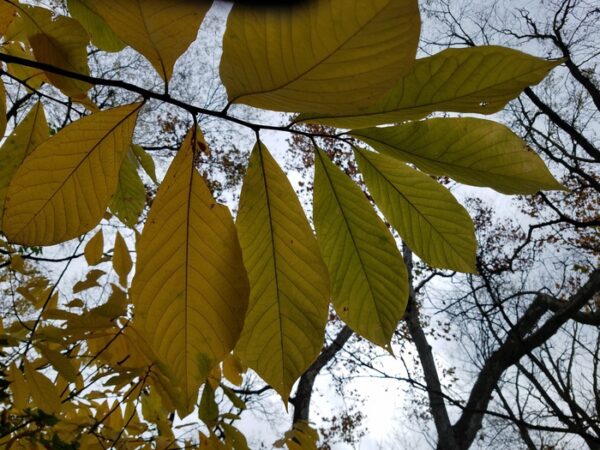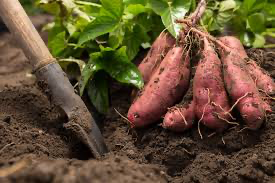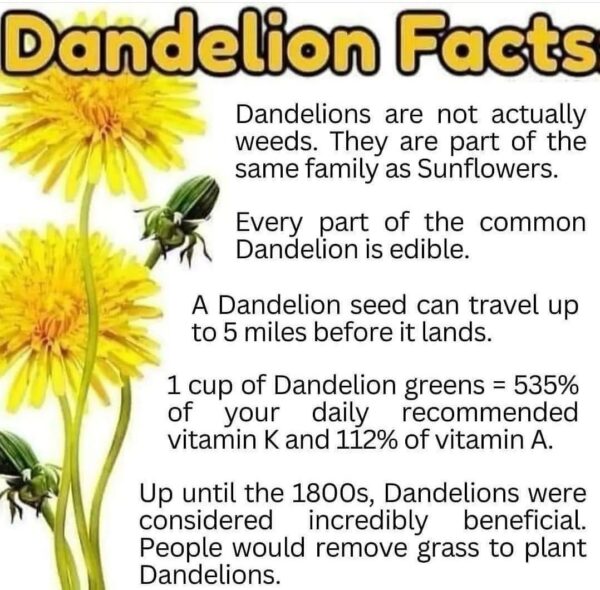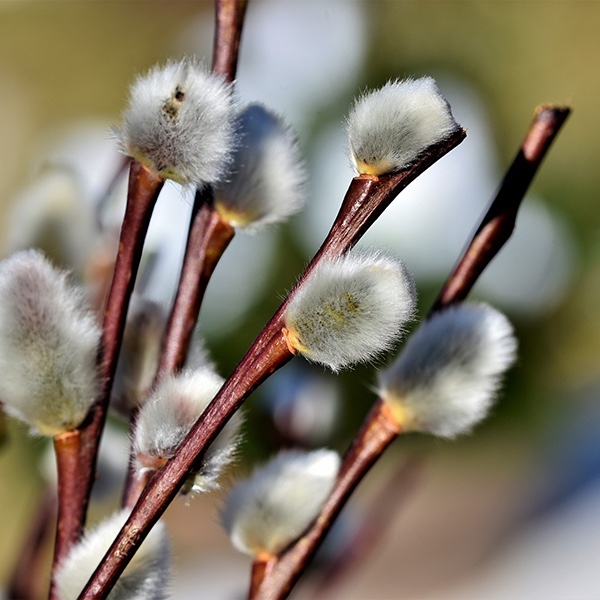We all love the smell of freshly mowed grass, don’t we? It’s the scent of summer, of sunny afternoons spent in the garden, and of the satisfaction of a job well done. But did you know that this familiar fragrance is actually a cry for help from the grass?
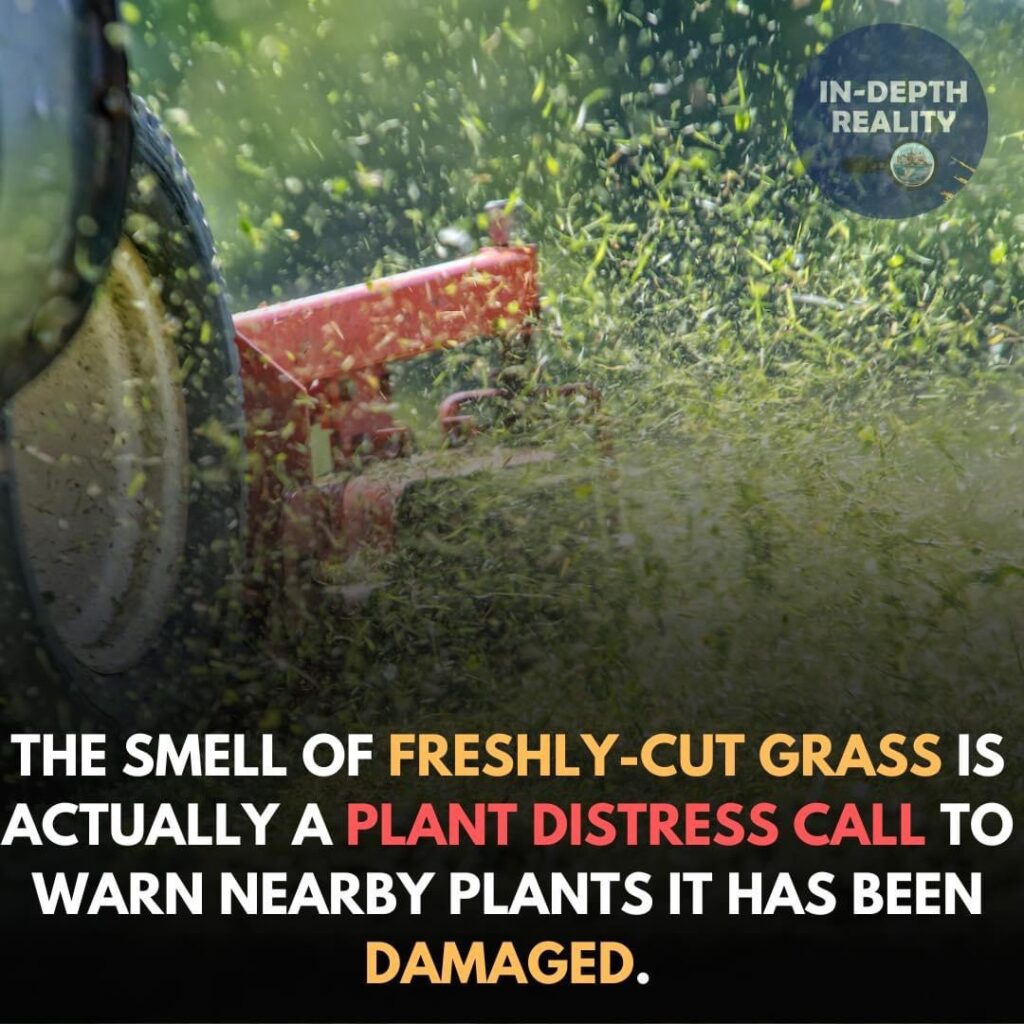
What’s That Smell?
When you cut your lawn, the grass releases a cocktail of chemicals known as green leaf volatiles (GLVs). It’s these GLVs that give cut grass its distinctive aroma.
Grass in Distress
But why does the grass release these chemicals? Well, it’s all about communication. When the grass is cut, it’s under stress, and it sends out GLVs as a distress signal. This alerts nearby plants to the danger, giving them a heads up to start their own defense mechanisms.
Healing Power of GLVs
But that’s not all. These GLVs aren’t just about signaling danger – they also help the grass heal. They act like a natural band-aid, sealing off the cut to protect it from disease and infection.
Calling in the Cavalry
Here’s where it gets really cool: the distress signals from the GLVs can also attract helpful insects. These bugs are the natural enemies of the pests that munch on your grass, so the GLVs are like a call to the cavalry, bringing in these beneficial bugs to defend the grass.
The Takeaway
So next time you’re out mowing your lawn and you catch that familiar scent, spare a thought for your grass. What you’re smelling is a complex chemical conversation, a silent SOS from your lawn. It’s just another reminder of the amazing world of gardening that’s happening right under our noses!
As an Amazon Associate we earn from qualifying purchases through some links in our articles.

